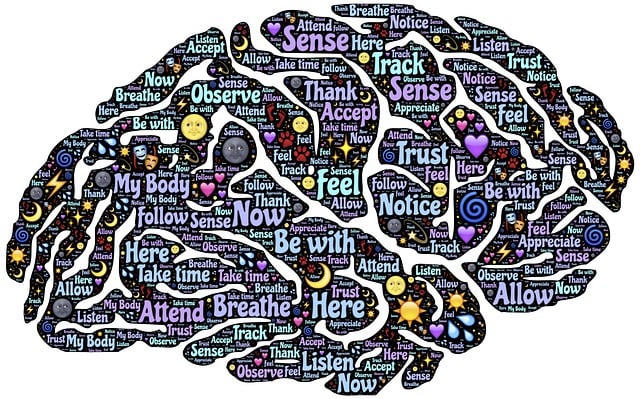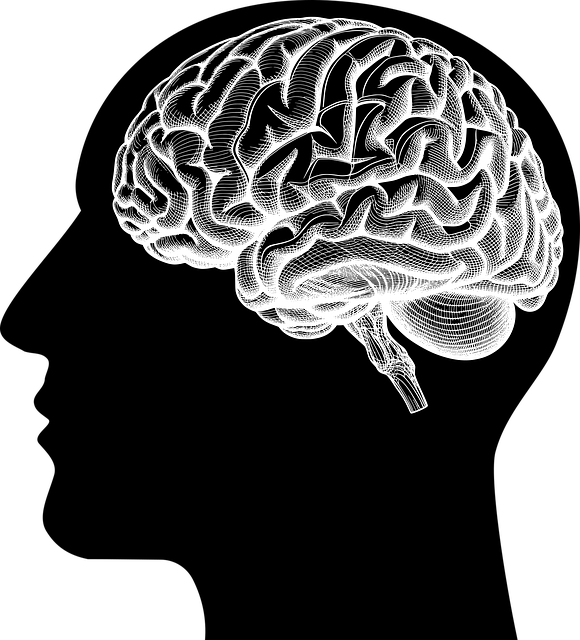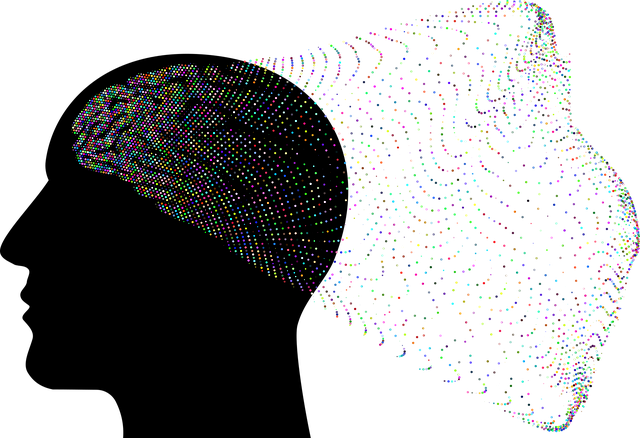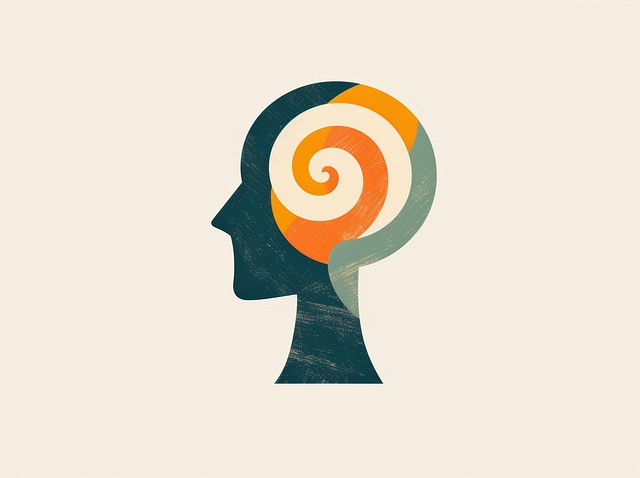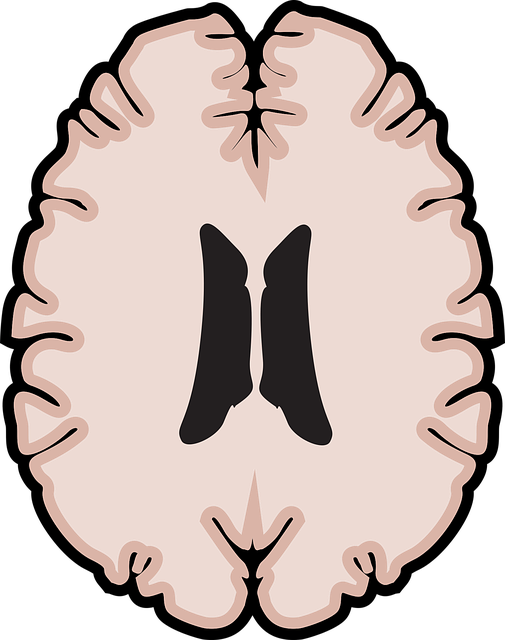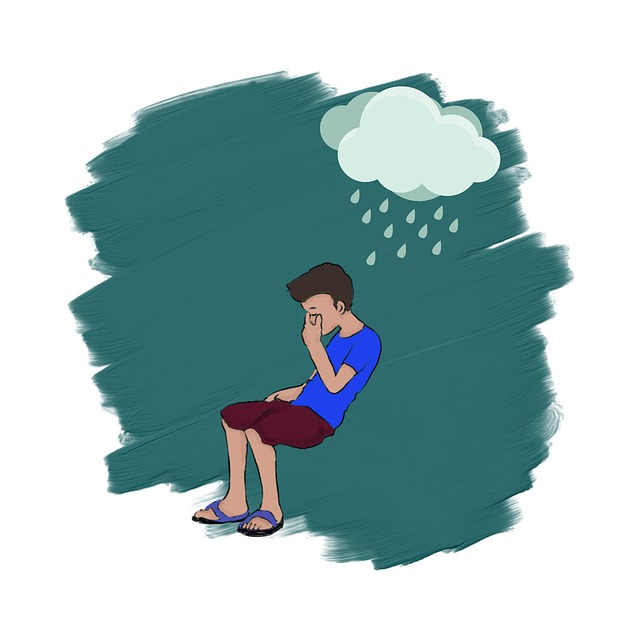Northglenn Grief Counseling Therapy addresses the growing demand for mental wellness support in the community, focusing on unique stressors like high-pressure work and busy lifestyles. The program creates a safe environment, incorporating flexible curricula with therapeutic techniques like Compassion Cultivation Practices to build resilience. Personalized support and self-care routines enhance well-being, while community engagement fosters open conversations and normalizes seeking help. Measuring success through clear goals, participant feedback, and data analysis ensures continuous improvement, aligning with the evolving mental health landscape in Northglenn.
In Northglenn, addressing mental wellness is more critical than ever. This article explores the development of comprehensive coaching programs designed to support residents’ emotional well-being, with a focus on grief counseling therapy. We delve into the essential components of effective programming, including personalized support and community resource integration. By examining successful strategies, Northglenn can enhance its Grief Counseling Therapy services, fostering a healthier and more resilient community.
- Understanding the Need for Mental Wellness Coaching in Northglenn
- Designing Effective Grief Counseling Therapy Programs
- Integrating Personalized Support and Community Resources
- Measuring Success and Continuous Improvement Strategies
Understanding the Need for Mental Wellness Coaching in Northglenn

In Northglenn, the need for mental wellness coaching services has become increasingly evident. With a growing recognition of the impact of mental health on overall well-being, residents are seeking support to navigate the challenges of modern life. The city’s diverse population faces unique stressors, including high-pressure work environments, busy lifestyles, and personal relationships, all of which can contribute to anxiety, depression, and other mental health concerns.
Northglenn Grief Counseling Therapy has emerged as a vital resource, addressing not only grief but also broader emotional well-being issues. Public Awareness Campaigns Development initiatives have played a crucial role in breaking down stigma and encouraging open conversations about mental health. Emotional Well-being Promotion Techniques, integrated into community programs, aim to empower individuals with coping strategies and resilience-building skills. Additionally, Mental Health Education Programs Design focused on schools and workplaces are helping to normalize discussions around mental wellness, fostering supportive environments where people feel comfortable seeking help.
Designing Effective Grief Counseling Therapy Programs

In developing effective grief counseling therapy programs, it’s essential to create a safe and supportive environment tailored to individual needs in Northglenn Grief Counseling Therapy. A structured yet flexible curriculum should incorporate various therapeutic techniques such as Compassion Cultivation Practices to help clients process their emotions and build resilience. The program must be designed to accommodate diverse grieving styles, ensuring every participant feels heard and validated.
Integrating Self-Care Routine Development for Better Mental Health is pivotal in these counseling sessions. By teaching clients practical coping strategies and emphasizing the importance of self-compassion, therapists empower them to navigate their grief journey with enhanced emotional well-being. Regular evaluation and adaptation of the program based on client feedback ensures its effectiveness in providing Trauma Support Services tailored to each individual’s unique circumstances.
Integrating Personalized Support and Community Resources

In the development of mental wellness coaching programs, integrating personalized support with community resources is a game-changer. Northglenn Grief Counseling Therapy, for instance, has recognized the power of combining individual therapy with community engagement to offer comprehensive care. By tailoring support to each client’s unique needs and connecting them with relevant local resources, these programs can significantly enhance well-being outcomes. This approach not only provides individuals with practical tools for managing mental health but also fosters a sense of belonging and social connection, crucial elements in the healing process.
Community integration goes beyond mere referral networks. It includes incorporating Compassion Cultivation Practices to reduce the stigma associated with mental illness and boost confidence among participants. Such practices create safe spaces where folks can openly discuss their experiences, fostering understanding and empathy within the community. This holistic approach ensures that mental wellness coaching programs not only address immediate concerns but also contribute to long-lasting positive changes by challenging societal norms and promoting inclusive environments, ultimately enhancing the overall mental health landscape in communities like Northglenn.
Measuring Success and Continuous Improvement Strategies

Measuring success and implementing continuous improvement strategies are vital components of any mental wellness coaching program, especially in a city like Northglenn where access to Grief Counseling Therapy is essential. To evaluate effectiveness, programs should set clear, measurable goals aligned with improved mental health outcomes for participants. Metrics could include reduced symptoms of anxiety or depression, enhanced coping mechanisms, and increased life satisfaction as assessed through standardized questionnaires or qualitative feedback from clients. Regularly reviewing these measures allows coaches to adapt their approaches, ensuring the program stays relevant and impactful.
Moreover, fostering a culture of continuous improvement involves actively seeking input from participants and experienced healthcare professionals like those who attend Stress Management Workshops Organization and Healthcare Provider Cultural Competency Training. Incorporating risk assessment for mental health professionals (as highlighted in the context of Northglenn’s need) can help identify potential challenges and areas for enhancement. This feedback loop, combined with regular data analysis, enables the program to make evidence-based adjustments, ultimately enhancing its effectiveness and ensuring it meets the evolving needs of the community.
The development of mental wellness coaching programs in Northglenn, particularly focusing on grief counseling therapy, is a proactive step towards enhancing community well-being. By integrating personalized support and leveraging local resources, these programs can offer effective solutions tailored to individual needs. Continuous improvement strategies, including measurable success criteria, ensure that the initiative remains impactful and responsive to the evolving mental health landscape of Northglenn Grief Counseling Therapy.


